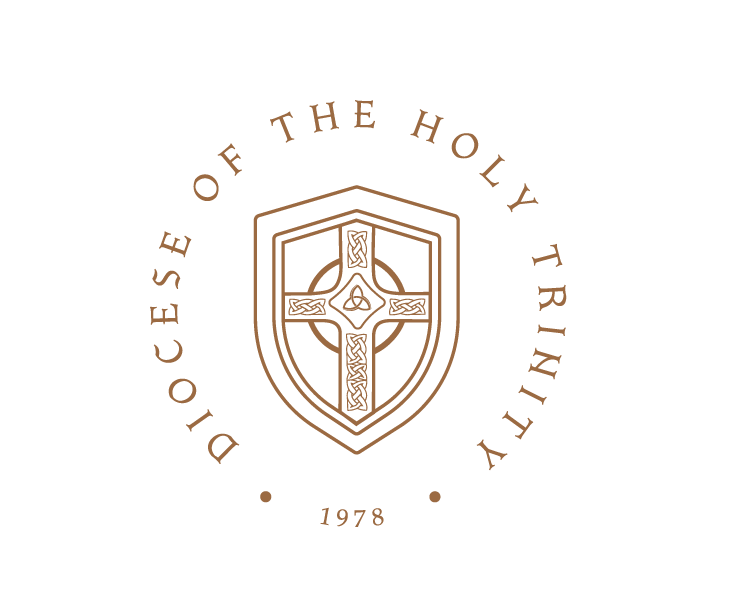The Fruits of the Fast
Our youth group has raised funds in the past by participating in a thirty hour fast or “famine.” It ends with communion followed by a meal. After the fast one year, I remember watching as a young man, understandably hungry from the ordeal, fell upon his meal like a famished lion upon a defenseless wildebeest. I pass no judgment on the young man; he had not fasted before and I think the event was spiritually profitable for him. However, this image came to mind as I was thinking about the relationship of the Easter Feast to the Lenten Fast. Is Easter simply a time to cast off all Lenten restraint and replace abstinence and moderation with over indulgence?An Easter sermon by St. Augustine has stuck in my mind over the years. His theme was keeping “the fruits of the fast.” When I first read it he sounded to me like a bit of a killjoy. It was time for the Easter party and here was the great church father sending me back into wilderness. Of course, he was right. We spend an extended season fasting and praying with the goal of making progress in the faith. In Eastertide we ought to consider what that progress is. What new insight, grace or strength have we gained? How do we hold on to it? If Lenten self-denial becomes Easter gluttony, we may not have gained much except an eating disorder.One fruit of the fast is detachment. We become less attached to things. This is not the same as not enjoying things. Detachment frees us from idolatry. It enables us to enjoy things as gifts rather than as objects of worship. We can say yes because we can say no—which means that our yes is rightly ordered and more joyful. We gain self-control—especially if we are careful not to regress into all of our old bad habits. If fasting was joined with an increase in prayer, we will have grown in a sense of prayerfulness, which will include a greater experience of inner peace. In Eastertide, the prayer of penitence and petition becomes the prayer of praise and thanksgiving. This also takes practice—and is important. If we were as faithful to give thanks and praise God in prosperity as we are to cry out in times of need, we might find that things go better more often.Each person will experience the particular fruits for which each has fasted and prayed. There are many virtues and dispositions (peace, joy, wisdom, contentment, an increased experience of grace, patience) that God will grant if they were the subject of a long season of prayer and fasting. The fruits of the Lenten fast are also cumulative. After, say, five Lents, the fruits become more deeply rooted and habitual. Like plants and children, spiritual things grow in a healthy way when we devote ourselves to the things that facilitate growth over long periods of time.Contrary to my early reading of St. Augustine, the fruits of the fast actually make the feast more enjoyable. When our disordered desires and unhealthy attachments are diminished and our prayerful sense of God’s presence is increased, we are more able to joyfully partake of the good things God gives us. The devil keeps many people from faith with the lie that disobedience brings greater pleasure. One long term fruit of the Lenten fast is that we learn just how big a lie that really is.

